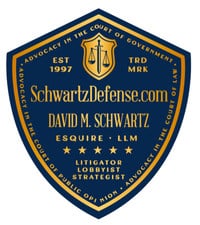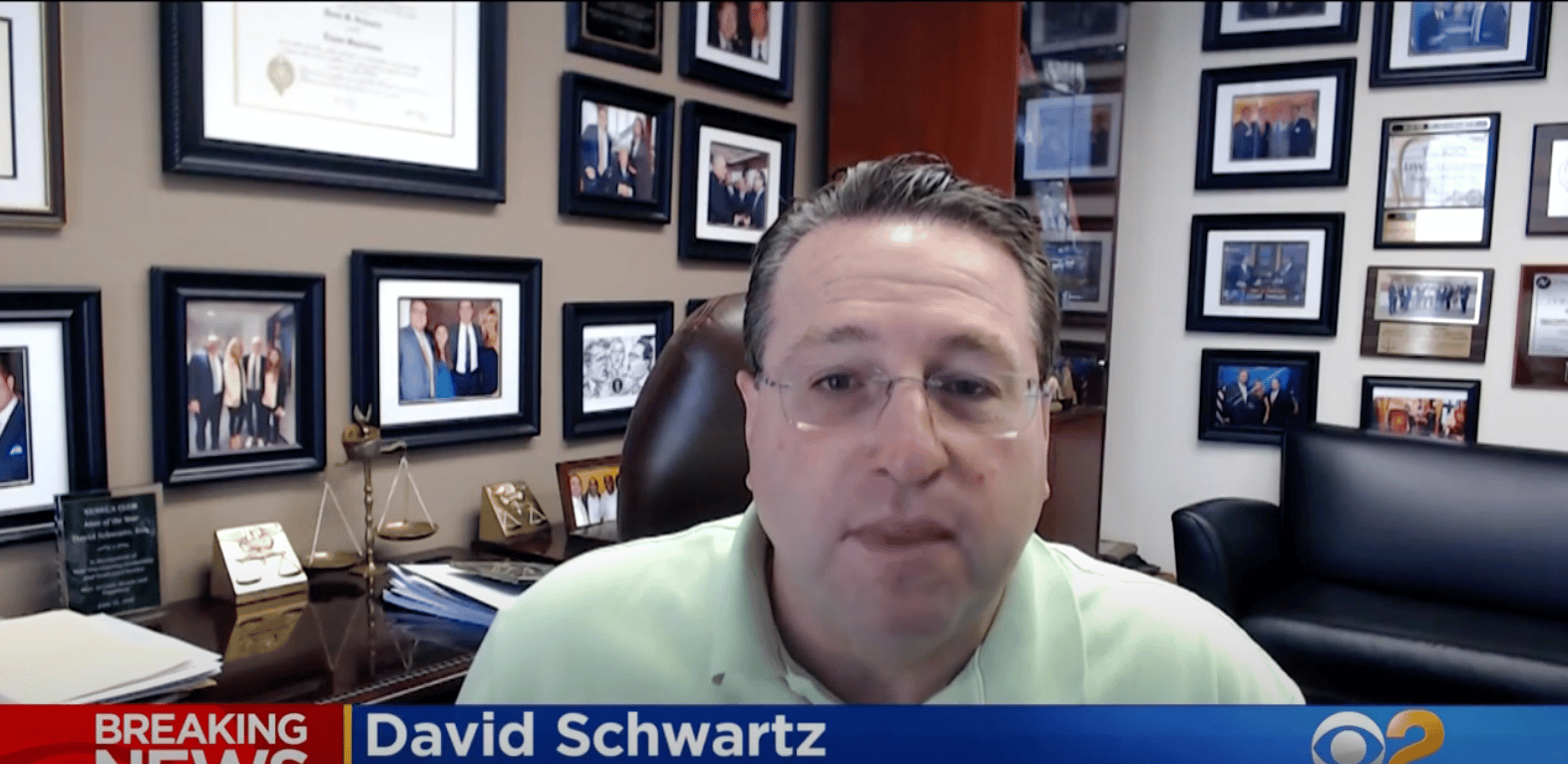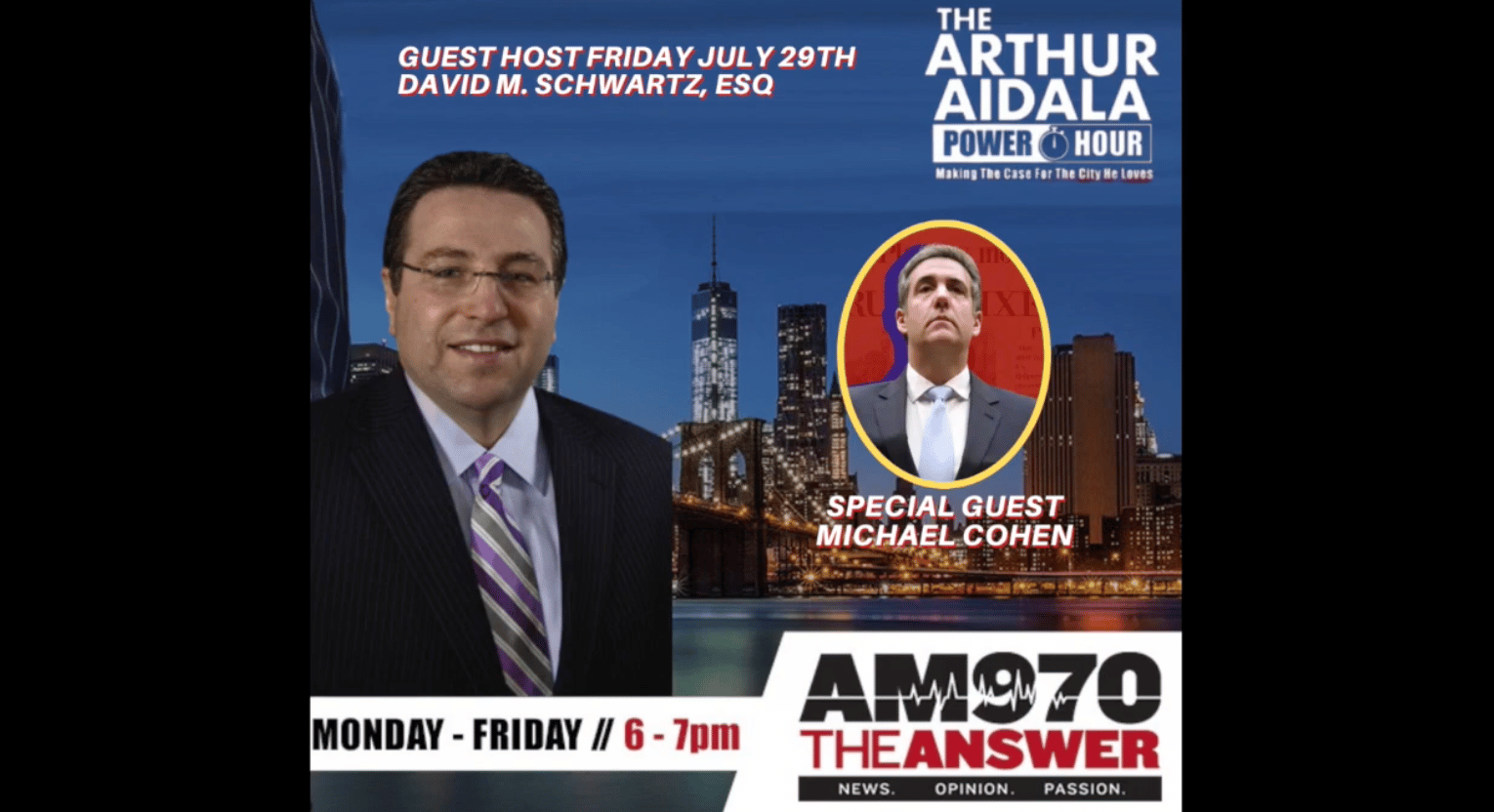$1M Question: Will Trump’s Phone Logs Gap Lead to Criminal Charges?
The reported seven-and-a-half-hour gap in President Trump’s phone logs on January 6, 2021, is raising “intense interest” among the House Committee investigating the attack on the U.S. Capitol that day. But whether it leads to any criminal charges is “the million dollar question,” say attorneys.
“It does seem like the gaps are suspiciously tailored to the heart of the events. But we’re checking that out,” Rep. Jamie Raskin (D-MD), a Member of the House January 6 Committee, said Sunday.
Criminal Defense Attorney and former Prosecutor Robert Schalk tells Political IQ, “Any time you’re talking a seven-hour window at the exact moment that the Capitol was being stormed, it’s a slap in the face to common sense that there’s not one phone call in and out of the White House.”
We do know from previous reporting that the President did make calls to at least a few members of Congress during that 11:17am to 6:54pm window, including Sen. Mike Lee (R-UT), Rep. Tommy Tuberville (R-AL) and House Minority Leader Kevin McCarthy (R-CA). That has led to the suspicion that Trump was using disposable, or “burner,” phones—which Trump quickly denied, but former NSA director John Bolton retorted wasn’t true, saying Trump had previously mentioned burner phones in his presence.
Are Insufficient Phone Logs a Crime?
But is having that gap in the Presidential phone logs—even during the January 6 attack—a crime? “The answer on its face is, no. There’s no crime to have that type of gap,” says Criminal Defense Attorney and former Prosecutor David Schwartz. “Is it common practice to have those phone calls logged and recorded? Absolutely.”
However, depending on whom the former President called during that time period and what was said, Trump potentially could be facing a handful of crimes, including conspiracy or obstruction of justice, according to Schalk.
There might also be criminal prohibitions against destroying records relevant to Congressional or federal investigations, or impeding or influencing investigations, which could lead to fines or imprisonment of up to 20 years.
But to prove any of that, says Schalk, “There would have to be witnesses saying that they conspired to go off the grid with their phone calls because what was being discussed potentially would have resulted in a crime.”
Which gets back to finding out who Trump called, if anyone, and what they said to each other. To do that, investigators will have to work backwards, according to Schalk. People who spoke by phone with the President would have to be subpoenaed or come forward voluntarily and give up their phone records, “kind of like peeling back the onion and working from behind.”
The House Committee’s Subpoena Problem
Several Trump White House Staffers have been subpoenaed by the January 6 Committee, including Presidential assistants Molly Michael and Nicholas Luna. But when it comes to getting some of the more high-profile witnesses to testify, the Committee’s subpoenas have been hit or miss.
Former White House Adviser Steve Bannon, for instance, has been indicted on two counts of contempt of Congress for ignoring his subpoena. The maximum penalty for contempt of Congress is a $1,000 fine and up to a year in prison.
“At some point it’s got to go in front of a judge and he’ll be compelled to testify, and he’ll have to testify truthfully,” says Schwartz. Or, he adds, “He could also plead the 5th Amendment during that testimony, so there are a lot of barriers still involved here.”
…





